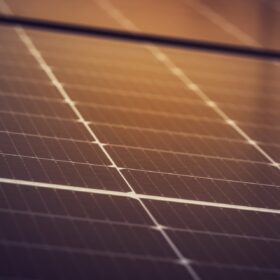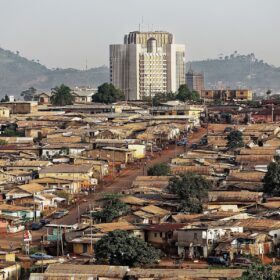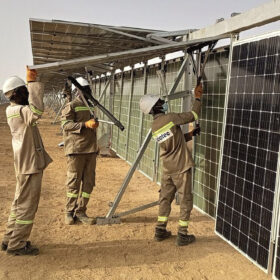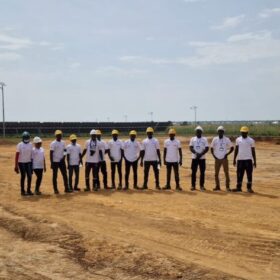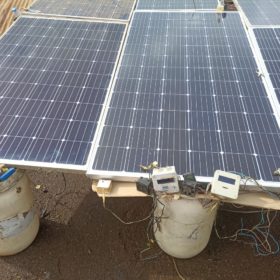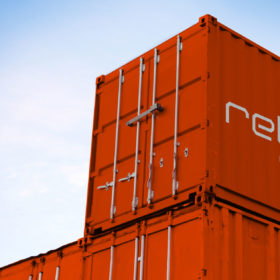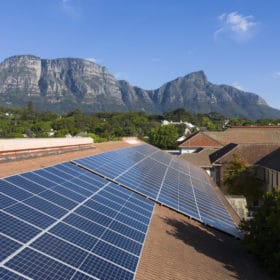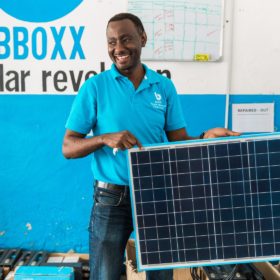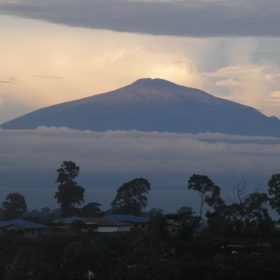Release by Scatec to expand solar, storage capacity in Cameroon
Release by Scatec, a distributed-generation solar and battery energy storage systems (BESS) solution, is set to expand its solar and storage capacity in Cameroon by 28.6 MW and 19.2 MWh across two solar plants.
Cameroon exempts imported PV components from customs duties
PV modules, inverters, charge controllers, batteries and cables intended for rooftop solar systems will benefit from exemptions from customs duties until 2025.
Weekend Read: Install grid-connected solar, rinse, repeat
Will a redeployable solar and energy storage solution be the answer to unreliable grid electricity across much of Africa, as its developer proposes? Or will it merely be a temporary solution that will see cash-strapped utilities kick the can of universal energy access further down the road?
Scatec switches on 30 MW of PV linked to 20MW/19MWh of storage in Cameroon
Scatec has turned on two solar-plus-storage facilities in northern Cameroon, with 30 MW of solar and 20 MW/19 MWh of energy storage.
Testing different PV module brands in photovoltaic-thermal architectures
Solar modules from Trina Solar, Canadian Solar, and Felicity Solar were tested in a prototype of a photovoltaic-thermal collector that uses excess heat from the PV elements to heat water. The system uses a thermally insulated helical coil heat exchanger to recover panel heat and a solenoid valve to allow water recirculation when the temperature below the PV module rises significantly.
Scatec brings containerized solar-plus-storage system to Cameroon
Two projects in the northern region of the African nation are set to bring 36 MW of solar and 20 MW/19 MWh of storage online, with the first facilities due to start generating within days.
Storage and PAYG critical to deployment of African off-grid renewables
The former need not necessarily relate to conventional lithium-ion batteries, however, as a recent webinar staged by Solarpower Europe and EU body GET.invest discovered.
African utilities wary of threat from renewables
The rise of clean energy and prosumers, net metering and greenhouse gas regulation all figure among the bogeymen as far as national electric companies are concerned.
The rise and rise of Bboxx: Off-grid solar supplier lands another $50m
The solar home system company, which enables customers to pay their solar electricity bill through an app on their mobile on a PAYG basis, has conducted a monumental funding round as it eyes expansion to become a fully-fledged pay-as-you-go utility.
Cameroon to improve power supply with 25 MW solar projects
Energy of Cameroon wants to build two solar parks to improve power supply in the country’s northern regions. The projects will be developed by a consortium led by Norwegian solar company Scatec.
